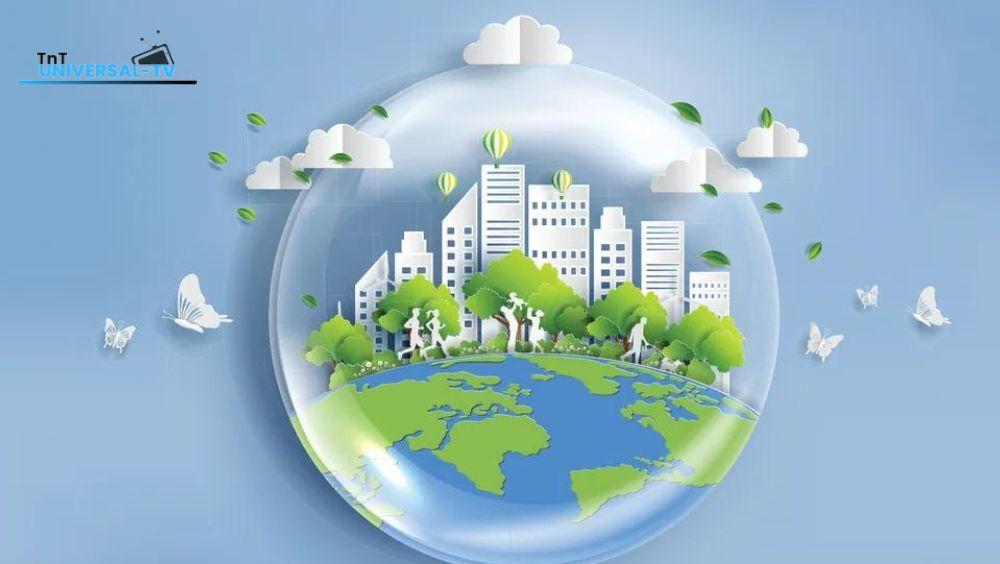
On October 31 of each year, the world celebrates World Cities Day, which coincides with World Housing Day.
Among the most prominent trends that shape the future of cities, according to the global company, Deloitte, is what is known as green planning for public spaces, whereby additional trees are planted, larger spaces are allocated for public parks, environmentally friendly transportation, and smart and sustainable buildings.
The cities of the future seek to provide inclusive and equitable services for all, by providing access to infrastructure, rights, jobs and opportunities for all.
It also seeks to attract talent, promote innovation and critical thinking, while relying on artificial intelligence and data, to ensure the safety and security of citizens.
According to architect Fayez Jazmati, the world is facing a population explosion crisis, as it is estimated that the world’s population will increase by 20 percent by 2050.
Jazmati added in an interview with “TnT Universal Tv”: “It is necessary to preserve our resources in light of this large population increase, and to prepare the conditions to face the upcoming challenges, so that we are keen on cities adopting the concepts of recycling and reducing waste to the least possible degree.”
Jazmati stressed the need to work on limiting unplanned urban expansion, so that the expansion of cities does not harm resources.
He pointed out the importance of changing the behavior of the population as well, in conjunction with modifications to the foundations of cities, such as greater recycling of waste, and transportation that relies on renewable energy sources.
Jazmati also warned of the threat of cyber-attacks in the future, stressing that the solution to this problem lies in protecting data privacy and spreading awareness.
